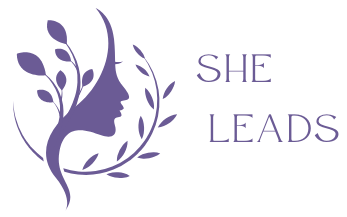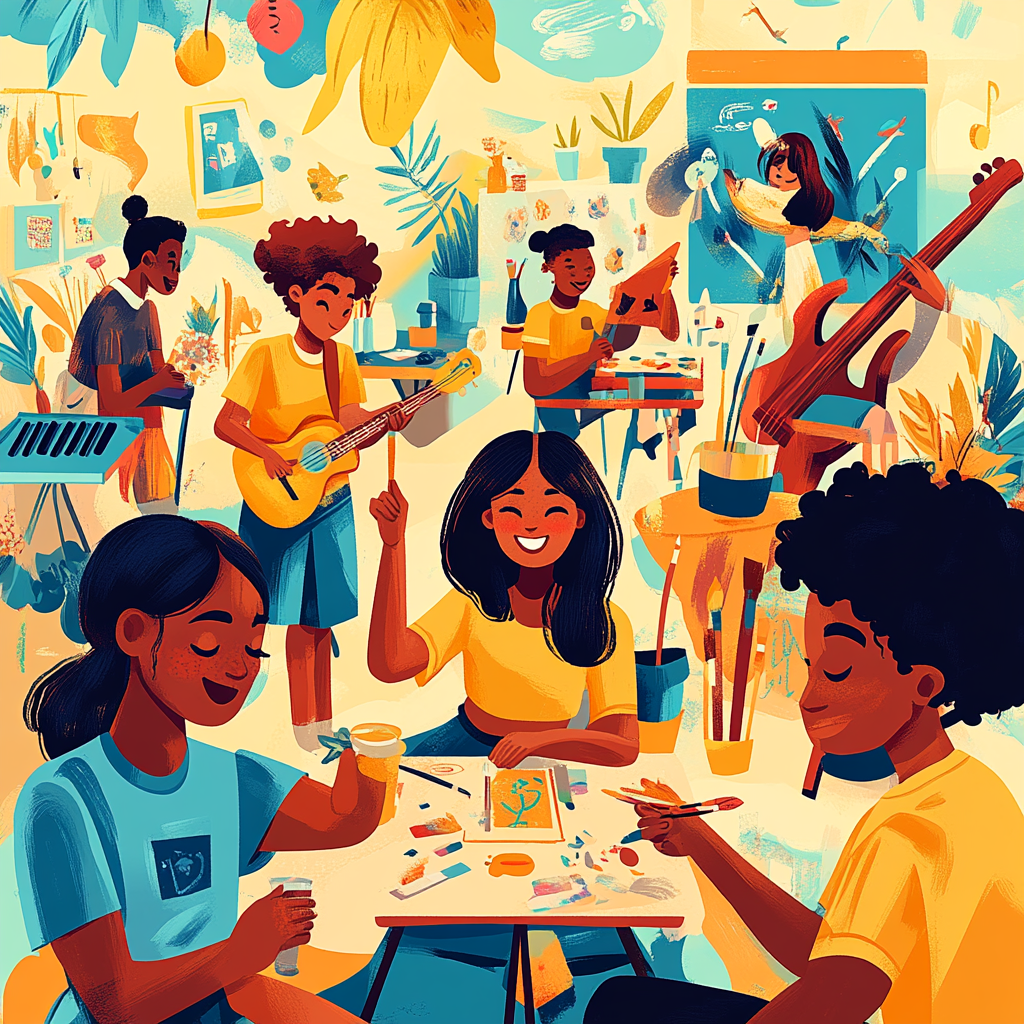In an increasingly fast-paced and digital world, young people face a unique set of challenges that can impact their mental health and overall well-being. The pressures of academic performance, social expectations, and the pervasive influence of social media can weigh heavily on their minds. Amid these pressures, art-based activities offer a powerful antidote—a creative outlet that not only nurtures the soul but also enhances well-being, builds confidence, and fosters personal growth.
The Therapeutic Power of Art
Art has long been recognized as a form of expression that transcends language and cultural barriers. For young people, engaging in art-based activities—whether through painting, drawing, music, dance, or theater—provides a safe space to explore their emotions and express themselves in ways that words often cannot. This process of creation is inherently therapeutic, offering an opportunity for self-reflection and emotional release.
Research has shown that art-based activities can significantly reduce stress and anxiety, promoting a sense of calm and relaxation. The act of creating art encourages mindfulness, allowing young people to focus on the present moment and temporarily set aside their worries. This mindful engagement not only improves mental well-being but also helps in developing a greater awareness of one’s emotions, leading to better emotional regulation.
Building Confidence Through Creative Expression
One of the most profound benefits of art-based activities is their ability to build confidence in young people. The creative process involves making decisions, solving problems, and experimenting with different ideas—all of which contribute to a sense of accomplishment and self-efficacy. When young people see their ideas come to life through art, they gain confidence in their abilities and are encouraged to take risks, both creatively and in other areas of their lives.
Participation in group art projects or performances, such as in drama or music ensembles, further enhances this confidence. Collaborating with peers on creative endeavors fosters teamwork, communication, and leadership skills. It also provides a sense of belonging and acceptance, as young people realize that their unique contributions are valued within a group setting.
Art as a Tool for Social Connection
In addition to personal growth, art-based activities offer a valuable means of social connection. Engaging in creative pursuits with others creates a shared experience that can break down social barriers and build friendships. For young people who may struggle with social interactions or feel isolated, art provides a common ground where they can connect with others who share similar interests.
Art-based programs in schools and communities often bring together diverse groups of young people, fostering inclusivity and cultural exchange. These programs not only promote social cohesion but also help young people develop empathy and understanding for others’ perspectives—a crucial skill in today’s interconnected world.
Enhancing Academic and Life Skills
The benefits of art-based activities extend beyond emotional and social well-being; they also contribute to the development of important academic and life skills. Engaging in art requires focus, discipline, and perseverance—all of which are transferable to academic pursuits. The creative process also encourages critical thinking and problem-solving, as young people learn to navigate challenges and think outside the box.
Moreover, art-based activities often involve storytelling, whether through visual art, music, or theater. This storytelling aspect enhances communication skills and encourages young people to articulate their ideas clearly and confidently. These skills are invaluable, not only in academic settings but also in future career endeavors.
Cultivating a Lifelong Appreciation for the Arts
Introducing young people to art-based activities fosters a lifelong appreciation for the arts and the role they play in enhancing our quality of life. When young people are encouraged to explore their creativity, they develop a deeper understanding of the cultural and emotional significance of the arts. This appreciation enriches their lives and contributes to a more vibrant, culturally aware society.
Conclusion:
Art-based activities are far more than just hobbies or extracurricular pursuits; they are powerful tools for personal and social development. For young people, engaging in the arts provides a means to express themselves, build confidence, connect with others, and develop essential life skills. In a world where mental health challenges are increasingly prevalent, the role of art in promoting well-being cannot be overstated.
As educators, parents, and community leaders, it is our responsibility to ensure that young people have access to these transformative experiences. By fostering a culture that values and supports art-based activities, we can help the next generation navigate the complexities of life with confidence, resilience, and a deep appreciation for the beauty of creative expression.
Onga Digasoa is an advocate for youth development and a passionate supporter of the arts. With a background in education and community work, focusing on promoting the importance of creative expression in fostering the well-being and confidence of young people.


